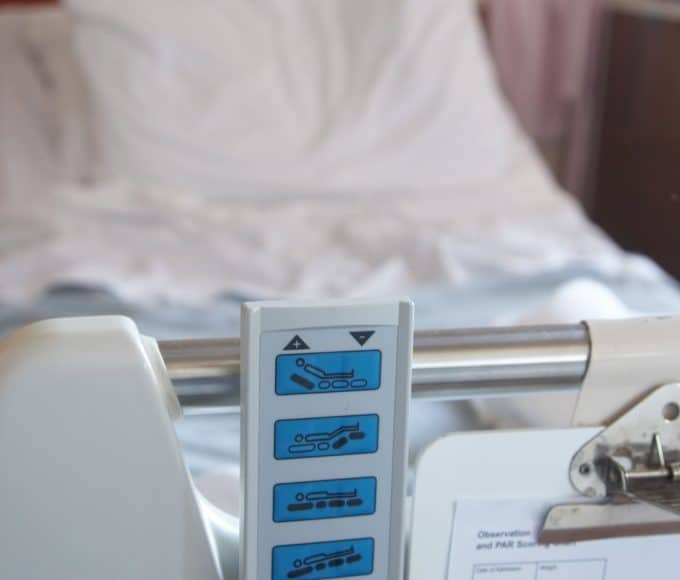A study published in the journal, Neurology, reports that diets heavy in protein will lower blood pressure, and in turn, minimize the possibility of stroke. The Nanjing University School of Medicine in China conducted the survey, and their researchers made this dramatic discovery by using meta-analyisis of any and all related data (the United States and Japan were countries that had data analyzed for the study).
The numbers were impressive: survey participants who consumed the highest levels of protein were 20% less likely to suffer a stroke. On average, if a person eats an additional 20g of protein daily, strokes are 26% less probable, according to the research.
Stroke Risk Reducer: What does it Mean Moving Forward?
The American Stroke Association says that each year more than 795,000 U.S. citizens have a stroke for the first time, or suffer from the recurrence of a previous stroke. A diet high in fat, as well as being overweight, causes high blood pressure, which allows fatty plaques in arteries to back up, which leads to atherosclerosis and potentially stroke. Any advances brought about by protein cannot entirely combat a person’s fat intake and poor eating habits, but it can provide a basis for future dietary and lifestyle changes.
Preferably, individuals should select proteins derived from animals over vegetables. Also, with red meat connected to higher stroke risk, the researchers encouraged people to eat fish instead of steak and its counterparts. It should be noted that with Japan as a studied nation, the connection to fish is interesting since is a larger staple in Japanese diets.
Ultimately, all of the positives in the study seem to point to protein and blood pressure, rather than a direct connection from protein to stroke. Further research is expected to incorporate more participants who eat vegetable proteins and to highlight other medical variations. The researchers estimated that the risk reduction translates into nearly 1.5 million fewer stroke-related deaths worldwide and fewer people suffering from the health difficulties caused by the aftereffects of stroke.















